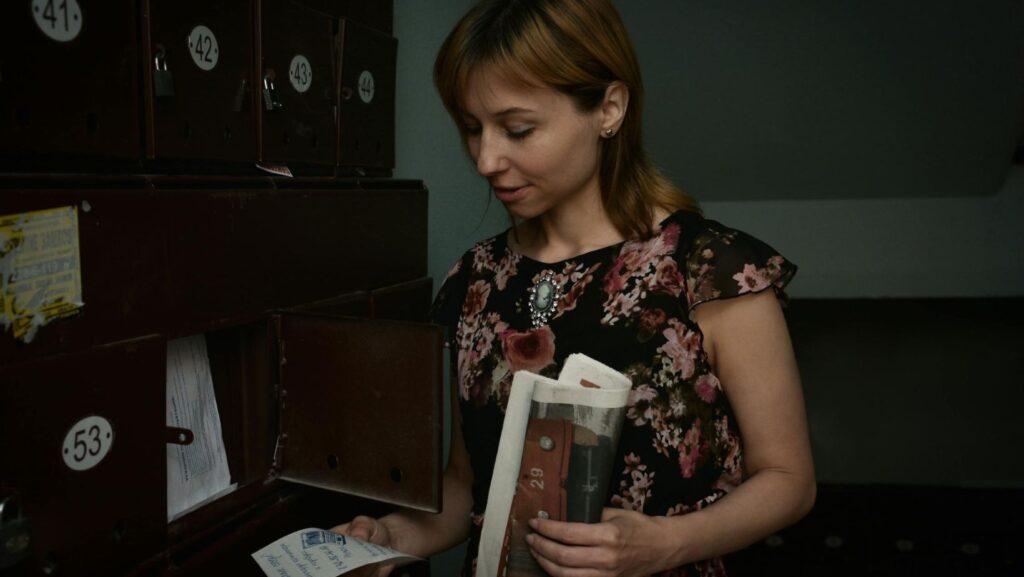With Playhub game coins, you’ve got access to a huge spread of titles—MMORPG giants, competitive shooters, mobile time-sinks, and open-world blockbusters. That makes it worth asking a simple but crucial question: where do coins actually feel fair, and in which games do they deliver real value for money?
In this guide, we’ll explore different coin systems, highlight where the money-to-value ratio feels rewarding, and point out the places where caution is the better play—always with a look at how the gaming communities themselves view these systems. Think of it as a roadmap to spending wisely on Playhub.
MMORPGs – Where Coins Save Time
World of Warcraft, WoW Classic, Mists of Pandaria Classic
Gold in WoW is the grease that keeps Azeroth’s gears turning. It pays for consumables before raids, repairs after wipes, crafted gear, mounts, and fun extras like pets or transmog sets.
For veterans, farming gold is tradition. For players with limited time, it can feel like work. That’s where Playhub game coins shine: they don’t make you a better raider, but they cut out hours of repetitive grind. Communities often describe it as “buying back your evenings.”

In terms of value, smaller top-ups deliver the best experience—enough to cover raid nights without breaking the bank. If you’re chasing every mount and luxury, costs rise quickly, but most players agree that selective spending gives the strongest return.
Final Fantasy XIV
Eorzea’s economy runs on Gil, but what players love most is glamour. Housing, outfits, and mounts drive the real spending decisions. Coins let you reach those cosmetic goals faster, without touching raid balance.
That’s why the FFXIV community is so relaxed about spending: it’s about expression, not power. Yes, big-ticket items like estates or rare fashion can add up, but for many, those purchases define their personal story in the game.
If style is part of why you log in, coins here are seen as money well spent.
Path of Exile 2
PoE’s entire identity revolves around its economy. Orbs aren’t just currency; they’re crafting tools and trade standards. Every build depends on them.
Coins through Playhub give you acceleration—you hit your dream build faster, experiment with more gear, or swap builds mid-league without endless farming. The skill challenge is untouched; you still need knowledge to succeed.
The value depends on timing. Veterans say targeted coin use at the start of a league can feel like turbocharging progress. Later in the season, when the economy floods, smaller investments stretch further. Either way, coins are widely seen as enhancing freedom rather than undermining balance.
MOBAs and Shooters – Cosmetics Over Power
League of Legends and Valorant
Riot struck a rare balance. Champions can be unlocked with grind or coins, and skins remain purely cosmetic. Competitive fairness is protected, while spending is framed as style.
The community often praises the transparency: you know what you’re paying for. Yes, prestige skins and Valorant bundles can feel steep, but for players who love their mains, the price is justified. Many see coins as fashion statements—a way to make their champion or agent uniquely theirs.
If cosmetics matter to you, these games offer a coin system that feels safe and rewarding.
CS2 and Call of Duty
Shooter communities are famously competitive, yet both CS2 and CoD have thriving coin-driven marketplaces focused on cosmetics. A skin won’t change your aim, but it will change how people remember your clutch.
Prices can vary wildly—from a few dollars for a camo to hundreds for rare CS2 skins—but that’s part of the fun. Collectors treat it like a hobby, while casuals dip in when a design catches their eye.
Because nothing interferes with the gunplay itself, coins here are celebrated as identity investments rather than performance enhancers.
Casual and Mobile Hits – Coins vs. Waiting Time
Clash of Clans
Clash of Clans is built on timers. Watching a seven-day upgrade crawl along can test anyone’s patience. Coins let you speed things up, unlock builders, and keep momentum alive.
The community generally recommends using coins strategically—save them for big upgrades or critical defenses. Small purchases often feel satisfying, while heavy spending to bypass every timer can make the game too easy, too fast.
When used with restraint, Clash coins are seen as some of the best-value purchases in mobile gaming: not mandatory, but undeniably convenient.
Genshin Impact
Genshin’s coin system is tied to its gacha pulls. Rates can feel stingy, but the world itself is generous: quests, exploration, and events keep you busy for free. Coins are mostly about chasing specific characters or weapons faster.
Yes, investing to guarantee a five-star unit can be pricey, but for fans, that’s part of the thrill. The pity system ensures you’ll eventually get what you want, and communities often celebrate coins as the fastest route to assembling a dream team.
For casual adventurers, coins aren’t necessary. For collectors or character loyalists, they’re worth every crystal.
Blockbusters and Open World – Coins for Extras
Fortnite
Epic’s model is legendary: keep the battlefield fair, monetize the drip. V-Bucks buy skins, emotes, and Battle Pass tiers. Nothing affects gameplay.
Where value shines is in the Battle Pass. For the cost of a lunch, you get a season’s worth of cosmetics and enough V-Bucks to roll into the next one if you play actively. Legendary skins can be expensive individually, but the system is transparent and player-friendly.

Communities consistently praise Fortnite for making coins optional fun rather than competitive pressure.
GTA 5 Online
Shark Cards are Rockstar’s shortcut to the high life. They buy supercars, penthouses, and businesses, letting you dive straight into the fantasy.
Players know the grind can be slow, and Shark Cards solve that. Some argue the dollar-to-in-game cash ratio isn’t the most generous, but many still grab cards when they want to skip weeks of heisting and enjoy new content right away.
In a sandbox about chaos and lifestyle, Shark Cards feel like paying for instant mischief. And plenty of players are happy to do so.
EA FC 26
Ultimate Team is football’s endless transfer market. Coins let you buy packs, events, and player cards. Grinding is possible, but many players choose to invest for faster access to star players.
On value, packs are divisive. The thrill of opening them is real, but so is the randomness. For casual fans, spending a little for a shot at Messi or Mbappé feels fun. For hardcore competitors, it can get pricey—but even then, smart coin use combined with trading keeps things exciting.
Communities split on FUT, but even critics admit that coins make the mode more dynamic and customizable.
Why Playhub Is a Smart Place to Buy Game Coins
Where you buy coins matters just as much as what you buy. And that’s where Playhub makes a difference.
Playhub is a marketplace built by and for gamers. The sellers are players who know the games, not faceless corporations. That means offers are flexible, tailored, and often cheaper than official shops.
Because multiple sellers compete, prices stay sharp. You can browse, compare, and pick the deal that works for your budget—just like shopping an in-game auction house.
At the same time, Playhub backs it with tech safeguards and active moderation. Every transaction is vetted, buyer protections are built-in, and staff step in fast if anything looks off. You get the freedom of a marketplace with the safety of a curated platform.
That’s why communities regularly recommend Playhub: affordability, variety, and peace of mind in one place.
Conclusion – Where Coins Feel Worth It
Across genres, coins add value in different ways. Sometimes they cut the grind. Sometimes they unlock style. Sometimes they buy a fast-forward ticket to the content you love most.
With Playhub’s wide library and competitive marketplace, you get to choose how and where to make that call. And that choice—the ability to shape your game your way—is what makes coins worth it.



